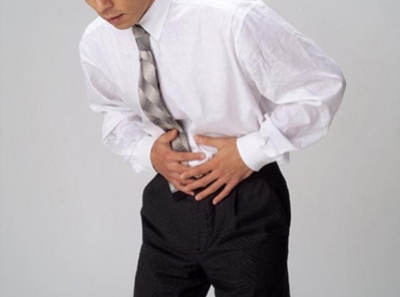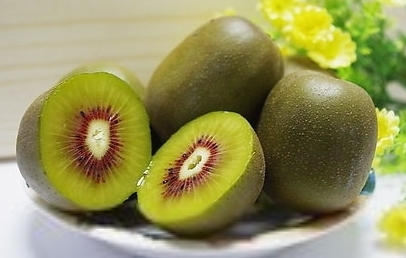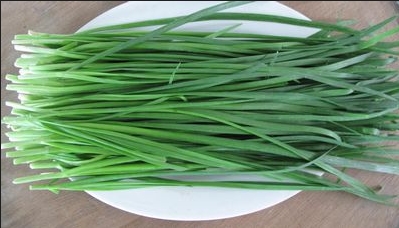Symptoms of prostate cancer
Compression symptoms: gradually increasing prostate gland compression of urethra can cause progressive dysuria, which is manifested as thin urine line, short range, slow urine flow, interruption of urine flow, dripping after urine, endless urination, and laborious urination. In addition, there are frequency of urination, urgency of urination, increased nocturia, and even urinary incontinence. Tumor compression of rectum can cause defecation difficulty or intestinal obstruction, or compression of vas deferens can cause ejaculation deficiency, compression of nerves can cause perineum pain, and can radiate to sciatic nerve.

Metastatic symptoms: prostate cancer can invade bladder, seminal vesicle, blood vessel and nerve bundle, causing hematuria, hematuria, impotence. Pelvic lymph node metastasis can cause edema in both legs. Prostate cancer is often prone to bone metastasis, causing bone pain or pathological fracture, paraplegia. Prostate cancer can also invade bone marrow and cause anemia or decrease of whole blood picture.
So, how to prevent prostate cancer?
Nutritional elements for prostate cancer prevention
Vitamin E has not been widely studied in prostate cancer. Some researchers say that low blood levels of vitamin E are associated with an increased risk of prostate cancer. There are also studies that say there is no relationship between the two. In another study, 2. Ninety thousand Finnish smokers, each taking 50 mg vitamin E supplements a day, had a 30 to 40 percent lower risk of prostate cancer or death as a result. Vitamin E can affect some prescription drugs. For most people, the upper limit of safe intake of vitamin E is 1000 mg per day. Beyond this number, vitamin E can play the role of oxidation enhancer, rather than antioxidant with protective effect.

Vitamin D and vitamin D can prevent prostate cancer. Prostate epithelial cells contain vitamin D receptor. Normal vitamin D content in the blood can inhibit the differentiation of established cancer cell groups. Therefore, vitamin D deficiency can increase the risk of prostate cancer. As long as the intake of vitamin D in the diet is at or near the recommended level, the risk of prostate cancer is normal. Many studies have shown that the risk of prostate cancer does not decrease when vitamin D intake exceeds the recommended level.
Vitamin A and - carotene, so far, there is no clear link between prostate cancer and vitamin A intake. Some studies show that vitamin A deficiency can increase the risk of prostate cancer, while others show that vitamin A supplements neither provide protection nor increase the risk of prostate cancer. The source of vitamin A is very important. In Asia, vitamin A mainly comes from vegetables, while in North America, vitamin A mainly comes from fat meat. - carotene is a kind of carotene, which can be converted into vitamin A. Like vitamin A, the relationship between beta carotene intake and prostate cancer risk is unclear.
What to eat to prevent prostate cancer
Kiwifruit:
Kiwifruit is rich in amino acids, and its vitamin C is 5-6 times as much as that of citrus. It also contains vitamin B1, carotene, calcium, phosphorus, iron and other nutrients, especially glutathione, which has a certain inhibitory effect on the mutation of prostate cancer, liver cancer, lung cancer, skin cancer and other cancer cells.

Tomatoes:
Lycopene has a strong antioxidant function, and the human prostate is the main organ rich in lycopene. Therefore, lycopene is a very important nutrient to prevent prostate disease, especially prostate cancer.
Onion:
Onion contains a compound called quercetin, which is one of the most effective natural anticancer substances. Experiments show that it can prevent the variation of cellular biochemical mechanism. Onion also contains trace element selenium, which is a very strong antioxidant. It can help eliminate free radicals in the body and enhance cell metabolism.
Pumpkin seeds:
Pumpkin seed contains an active biological component of androgen, which can eliminate the initial swelling of prostate, have anti infection effect on urethra, and relieve the symptoms of frequent urination. Pumpkin seeds are also rich in zinc, which is also a very important mineral to inhibit prostate disease.
What to eat to prevent prostate cancer
Leek:
Leek can effectively prevent prostatitis and prostatic hyperplasia. It is a common vegetable with strong growth. It is a good adjuvant treatment for prostatitis such as impotence due to kidney deficiency and menorrhea due to spermatorrhea.

Soybeans:
Soybeans contain plant hormones, which can effectively prevent prostatitis and hypertrophy of prostate. It's the best food for soybeans men. According to a study, men who often eat soy products are less likely to develop prostatitis than other men.
Bee pollen:
Taking bee pollen and its products can increase blood circulation of prostate tissue, reduce edema, improve curative effect and have no side effects. Because bee pollen contains a lot of amino acids, microelements and various vitamins, among which alanine, glutamic acid, glycine and so on have a certain effect on prostate.









